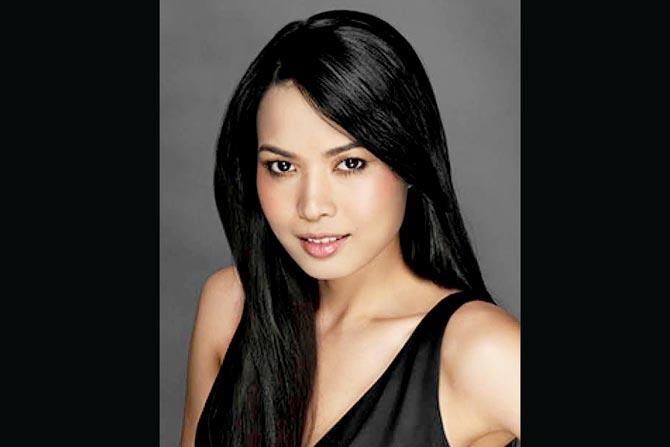Axone actor Lin Laishram on the race discourse in India and why despite having worked in Bollywood for six years, she hasn't made it to the top.

A still from Axone
As the discourse around Black Lives Matter intensified in the US following the death of George Floyd, in India, a well-timed film Axone was released as a reminder of the prejudices faced by people hailing from the North-East. Lin Laishram, who headlines the film along with Sayani Gupta, sees it as her debut despite making an entry in the industry with Mary Kom (2014). Post the sports drama, she featured in a host of films including Prashant Nair's acclaimed Umrika, but none, by virtue of their narrative, structure, propelled her to the limelight.
ADVERTISEMENT
"There are no roles written for me," says Laishram, explaining that even that even though more parts are being written for women, the industry is at a nascent stage when it comes to understanding these roles. "I love Bollywood films, but never felt I could belong to the same industry as Karisma Kapoor, my idol, because we look nothing like each other. I am a minority who looks a certain way — from my facial features to cultural differences. It makes [getting roles] exceedingly difficult. I am waiting to get my due as an actor and not appearance."

Lin Laishram
With Axone becoming a major talking point, ever since it released on Netflix, Laishram opines that there "is a lack of representation". "It's imperative at this time to shed light on the issues of racism faced. No other Hindi film before has written a story on the lives of North East people." The mainstream audience has normalised stigmatisation and name-calling of those from the North East, says the actor. "The stereotyping and prejudice comes from a lack of awareness. Being called 'Cheeni' is as problematic as being tagged 'Madrasi'. It is important to reflect the racism faced with empathy over rage. I am glad Axone helps strike a productive dialogue. Layered with humour, the story helps drive the point home."
The actress hailing from Manipur discusses her debut film Mary Kom to explain why cultural appropriateness of stories is essential in casting to ensure everyone gets a level playing field based on merit. "When it comes to injustice, I felt at that point of time that it was unfair in the way the script was cast. This comes from lack of awareness and a whole-hearted acceptance of the North East, at large which include 7 states. Cinema is a reflection of society and helps alter perceptions. We need to start to see stories that are culturally diverse. But injustice isn't a local problem. Famous Indian actors go to Hollywood and struggle to battle the prevalent biases. The difference is that India is our country!"
Catch up on all the latest entertainment news and gossip here. Also, download the new mid-day Android and iOS apps.
Mid-Day is now on Telegram. Click here to join our channel (@middayinfomedialtd) and stay updated with the latest news
 Subscribe today by clicking the link and stay updated with the latest news!" Click here!
Subscribe today by clicking the link and stay updated with the latest news!" Click here!






